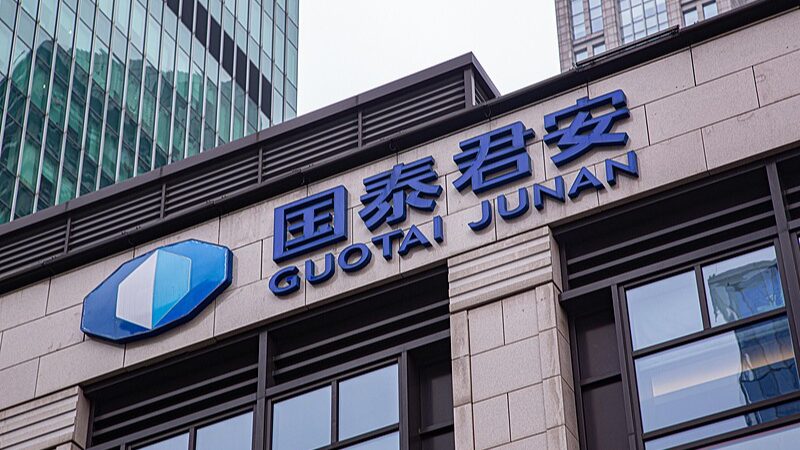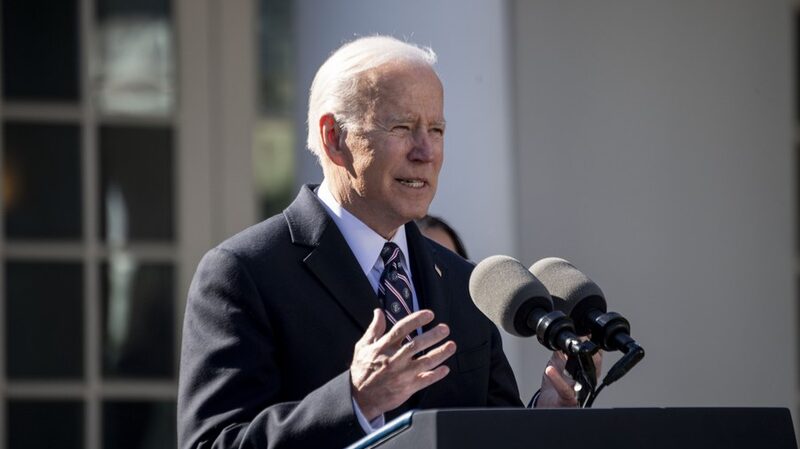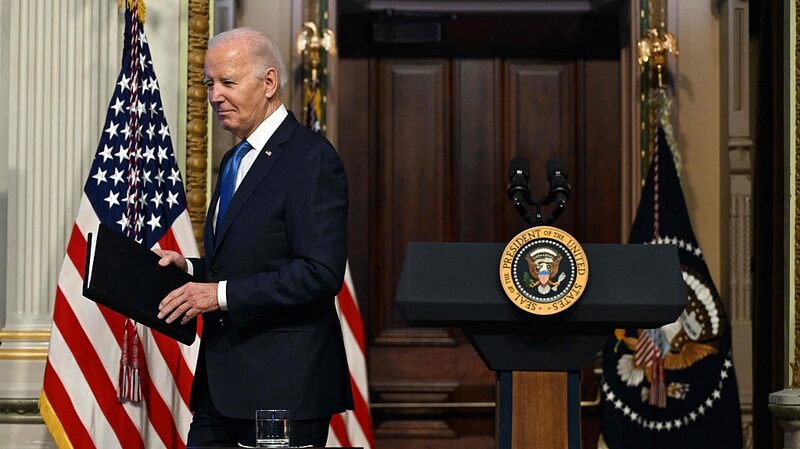🇺🇸⚔️🇯🇵 The proposed $14.9 billion merger between Japan's Nippon Steel and U.S. Steel has turned into a courtroom drama, with the companies accusing President Biden of using 'national security' as a political card to block the deal. Critics claim the move prioritizes election-year optics over economic sense.
Why It Matters
U.S. Steel, once a symbol of American industrial might, has struggled for decades due to rising costs and global competition. 🌍 Nippon Steel's offer—double a rival bid at $14.9 billion—promised no layoffs, plant closures, or cuts to output for 10 years. Analysts called it a 'boon' for U.S. manufacturing, but Biden shut it down last week, citing vague national security risks.
Politics Over Pragmatism?
While bipartisan lawmakers cheered the block, Nippon Steel CEO Eiji Hashimoto slammed Biden's 'illegal political interference,' claiming the review process ignored evidence. 🤯 The White House hasn't provided details on the alleged security threats, fueling accusations of election-year posturing to win union support.
💡 Takeaway: With U.S. Steel's future uncertain, this clash highlights how 'national security' is becoming a go-to tool in geopolitical chess games—often leaving businesses caught in the crossfire.
Reference(s):
'National security' best card to secure Biden's selfish gains
cgtn.com







